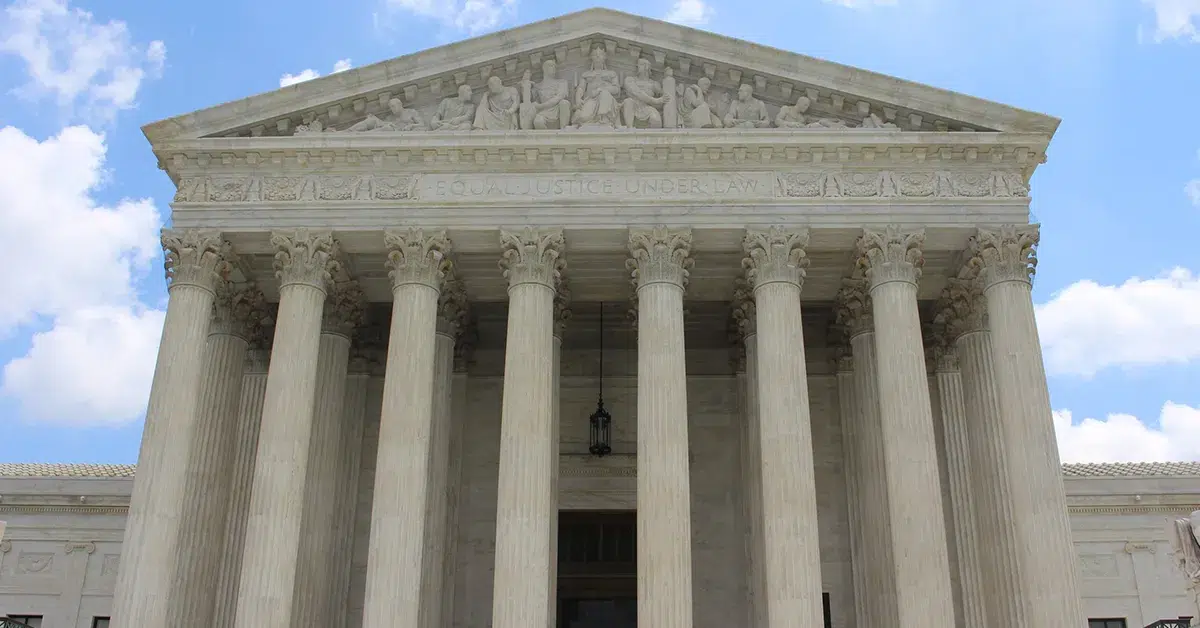The Fourth Amendment to the United States Constitution guarantees a person the right against unreasonable searches and seizures. Generally, for any type of infringement by law enforcement upon a person’s privacy, a warrant is required unless some exception applies. Exceptions to the warrant requirement include, but are not limited to, free and voluntary consent, an emergency (called exigent circumstances), and search incident to a lawful arrest. California Penal Code section 1538.5 sets forth the procedures for a suppression motion based on a Fourth Amendment violation. A hearing is held where the officer (and possibly others) testify on behalf of the prosecution. Those witnesses are cross-examined by the defense, and the trial court makes a decision after argument. If the trial court finds that the Fourth Amendment was violated, in most instances that means the evidence will be suppressed under the exclusionary rule.
If the trial court denies a defendant’s suppression motion, that ruling may be appealed. In a misdemeanor case, if the motion was filed within 45 days of the arraignment, then the ruling may be appealed prior to trial. See Cal. Pen. Code § 1510. If the motion was filed after that time period, the ruling on the suppression motion may be appealed after a conviction, even if by guilty plea. Pen. Code § 1538.5(m). This is particularly helpful for clients whose best chance at a favorable outcome is not at a jury trial (at least not with all the evidence). If the Fourth Amendment challenges in the case are strong, an adverse ruling by the trial court may be appealed to a higher court. In misdemeanor cases, the reviewing court is the Appellate Division, which is a panel of three Superior Court judges.
The notice of appeal in a misdemeanor case must be filed within 30 days of the sentencing or judgment, whether that occurs after a guilty plea or after a guilty verdict at trial. Cal. Rules of Ct. 8.853. A notice of election of record must then be filed within 20 days. Cal. Rules of Ct. 8.864. Once the record is prepared and filed, the Appellant’s Opening Brief is due in 30 days. Cal. Rules of Ct. 8.882(a)(1). The Respondent’s Brief is due 30 days after the Appellant’s Opening Brief is filed. Cal. Rules of Ct. 8.882(a)(2). And the Appellant’s Reply is due 20 days after the Respondent’s Brief is filed. Cal. Rules of Ct. 8.882(a)(3). Once the case is fully briefed, the court schedules oral argument on the case. Superior Court Appellate Division rules and practices vary from county to county. The defense attorney handling the appeal must always check local rules and should consult with the appeals clerk to ensure that all requirements are met.




